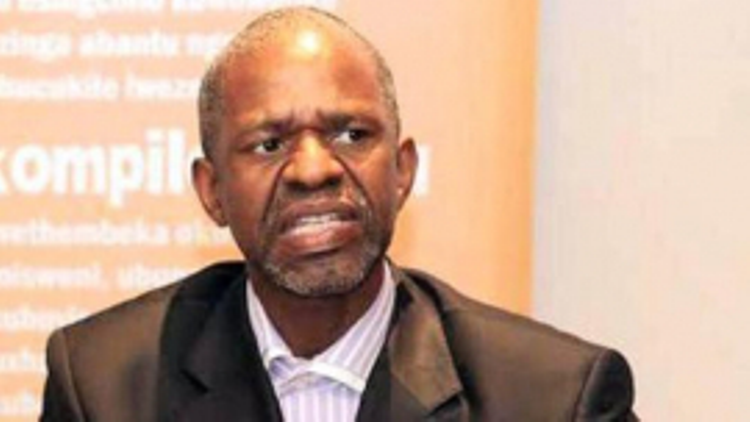Parliament Slams R2bn Tembisa Hospital Fraud, Demands Full Accountability
The SIU found that fraudulent transactions were carried out through front companies and conduits, using false Supply Chain Management documentation.

- Country:
- South Africa
Parliament has voiced strong concern following shocking revelations from the Special Investigating Unit (SIU) that more than R2 billion meant for healthcare services at Tembisa Hospital in Ekurhuleni was misappropriated through a web of corruption, maladministration, and procurement fraud.
The findings were revealed in the SIU’s interim report, presented on Monday by SIU Head, Advocate Lekgoa Mothibi, who confirmed that the investigation scrutinized over 2 207 procurement bundles. The probe uncovered systematic fraud schemes involving officials from the Gauteng Department of Health (GDoH) and Tembisa Hospital, who allegedly facilitated the irregular appointment of service providers in exchange for corrupt payments.
Fraudulent Deals, No Goods Delivered
The SIU found that fraudulent transactions were carried out through front companies and conduits, using false Supply Chain Management documentation. These transactions did not result in the delivery of any goods or services to Tembisa Hospital. Instead, funds were funneled through laundering schemes and ultimately used by beneficiaries to acquire assets.
Mothibi said the evidence points to money laundering, fronting, and fraud, implicating both senior and middle-level officials. The investigation revealed a pattern of impunity in which officials colluded with syndicates to exploit procurement loopholes.
Parliamentary Committee Condemns “Profound Breach of Trust”
Responding to the revelations, Dr Sibongiseni Dhlomo, Chairperson of Parliament’s Portfolio Committee on Health, described the report as “serious and troubling,” stressing that such acts of criminality represent a gross betrayal of public trust.
“These actions diverted essential healthcare resources from the most vulnerable members of our society. It is unacceptable and must not go unpunished,” Dhlomo said.
He reaffirmed the committee’s support for the SIU’s ongoing work to identify those responsible, recover the stolen funds, and ensure prosecutions. “Some of these officials supported the syndicates with impunity, and there must be consequences. Such criminality cannot go unpunished,” he added.
Referrals to Law Enforcement
The SIU has already referred cases to the National Prosecuting Authority (NPA) and other law enforcement partners, including the Directorate for Priority Crime Investigation (DPCI/Hawks), the Financial Intelligence Centre (FIC), the South African Police Service (SAPS), and the South African Revenue Service (SARS).
In addition, the SIU is empowered under the SIU Act to initiate civil proceedings in the High Court or the Special Tribunal to recover misappropriated funds and undo corrupt contracts.
The agency has indicated that it expects to complete the broader investigation by November 2027, a timeline reflecting the complexity and scale of the corruption network uncovered.
Protecting Whistleblowers
Mothibi underscored the critical role of whistleblowers in exposing the fraudulent schemes and assured that the SIU will continue to take measures to safeguard them. Ensuring protection for whistleblowers, he noted, is essential to encourage further disclosures and strengthen accountability.
Oversight and Accountability
Dr Dhlomo confirmed that the Portfolio Committee on Health will demand ongoing briefings from both the Department of Health and the SIU as the investigation progresses. “The committee will monitor the progress of this closely to ensure that accountability is upheld at all levels. It is only through decisive corrective action that public confidence in the healthcare system can be restored,” he said.
The committee pledged to maintain its oversight role, stressing the need for structural reforms to prevent such large-scale abuses in the future and to safeguard the integrity of South Africa’s public healthcare system.
A Systemic Scandal With Far-Reaching Impacts
The misappropriation of funds at Tembisa Hospital is the latest in a series of corruption scandals affecting public health institutions in South Africa. Analysts warn that such schemes undermine service delivery, weaken public confidence, and exacerbate inequalities in access to healthcare.
Parliament has made it clear that the law must take its course, and that those implicated in the Tembisa scandal should face the full might of the justice system.










